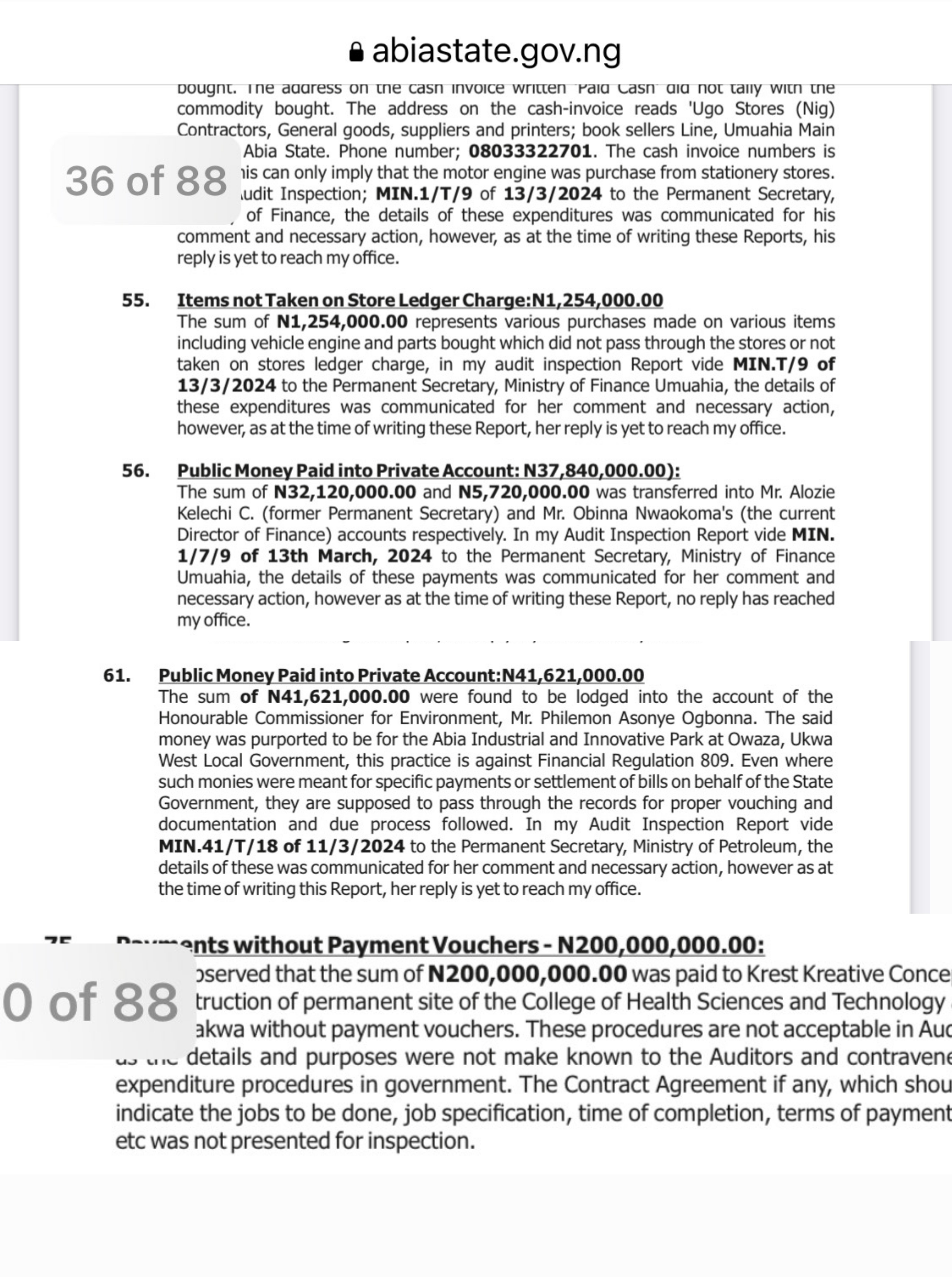The Managing Director of a power generating company, Azura Power West Africa, Edu Okeke, has advocated a market capitalisation for all the 11 electricity distribution companies.
He urged the Federal Government to mandate them to increase their capital to at least $500 million each.
This was as he lamented that private investments in the power sector stopped due to government inconsistent policies.
The MD said these at the fourth edition of the Power Correspondents Association of Nigeria’s annual workshop, themed “Ending the Talk, Moving the Action,” held on Thursday in Abuja.
He noted that many of the Discos are struggling to pay their total bills to the entire value chain.
Okeke advocated that Discos must be adequately capitalized, adding that many of them carry a heavy burden of debt.
To this end, he said no Disco should operate without at least $250m in shareholder funds and called on the Federal Government to be decisive in addressing the issue.
Okeke, however, called on the government to remove the debts from the Discos’ books and to increase the capitalization to $500m.
He said: “For any investment in the power sector to be viable, investors must be assured of Cost recovery. There are only two ways to achieve this: either the Government pays or consumers do. I commend the Government’s recent decision to transfer costs to, consumers, starting with Band A.
“Ultimately, consumers will bear a fair share of the cost of the power they consume. However, this equation has a critical weak link — the Distribution Companies, who directly interface with consumers. As things stand, even with tariff adjustments, many Discos struggle to pay their total bills to the entire value chain.
‘This is largely due to their lack of capacity to make the necessary investments to recover costs effectively. To enable meaningful progress, Discos must be adequately capitalized.
“Unfortunately, most Discos have negative equity, leaving them with little to no financial stake. This situation must change. Ideally, no Disco should operate without at least $250m in shareholder funds. Just as the Central Bank of Nigeria has raised capital requirements for banks to ensure their stability and capacity to serve, the Nigerian Electricity Regulatory Commission should mandate similar capitalization standards for Discos.
“Many Discos also carry a heavy burden of debt, accumulated over time through a mix of operational challenges and systemic issues. To truly address this problem, the Government needs to come clean and take a decisive step.
“My recommendation is a two-pronged approach: to consider removing these debts from the Discos’ books and mandating them to increase their capital by at least $500m each.
“This will require existing shareholders to dilute their holdings to attract new investors with real capital to invest in infrastructure — not just on paper, but in transformers, cables, and equipment to serve customers reliably”.
On the lack of new investments in the power sector, the MD pointed out that government policies have played a significant role in deterring new investments.
He highlighted that, since the unbundling of the Power Holding Company of Nigeria in 2010, the only major project that has been financed through private investment is the Azura power project, indicating a concerning lack of substantial private sector involvement in the industry.
He said, “Every time we talk and talk nothing happens. But one of the key things that we have to ask ourselves is why has there been no action. For me, I identified one thing. There has been no investment in the power sector.
“The government privatized the sector, expecting the private sector to come to play a role. But it is on record that since 2010 or since privatization, there has been only one investment in the power sector and that is the Azura project. No other project has happened. Policy inconsistency from the government has affected the sector.”
He further noted that the proliferation of mini-grids would not solve the country’s power problem.
.png)
.png) 1 week ago
32
1 week ago
32








 English (US) ·
English (US) ·